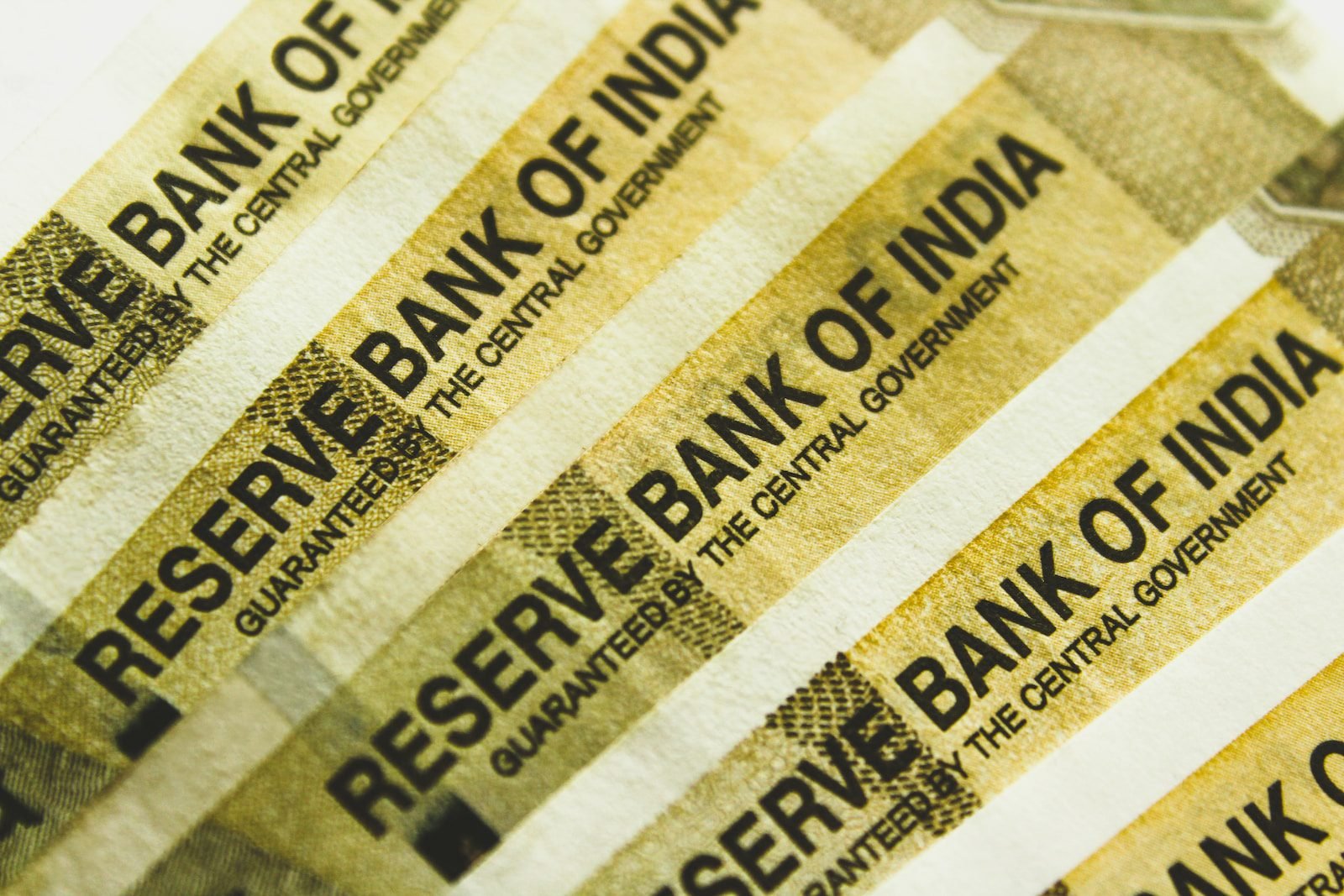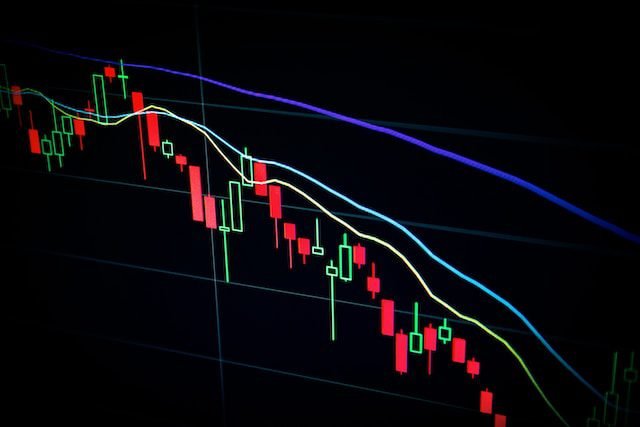MUMBAI: The Reserve Bank of India is giving more cues about the likelihood of a rate increase early in the following month when the monetary policy committee meets twice a month to vote on rates. According to the Reserve Bank of India’s state of the economy report, core inflation continues to defy the obvious softening of input costs while consumer price inflation is still strong.
According to the assessment written by RBI deputy governor Michael Patra and other RBI employees, unlike the global economy, India’s economy would continue to expand at the same rate it had in 2022–2023. Growth optimism will probably motivate the MPC to increase rates.
The majority of analysts are delaying making predictions while they wait to see what the US Federal Reserve does on Wednesday. The Indian economy would benefit from a halt to rate increases. This will encourage foreign investment in India. The demise of Silicon Valley Bank has raised concerns that other small banks may experience a confidence crisis. Given the threats to US financial stability, most analysts now predict that the Fed would raise interest rates by only 25 basis points, if at all, as opposed to the 50 basis points they anticipated last month.
Other central banks, including the RBI, would boost rates in response to a rate increase. According to the survey, India has recovered from the pandemic years stronger than first believed. This momentum has been building steadily since the second quarter of the current fiscal year.
The analysis warns of a difficult road ahead, despite RBI governor Shaktikanta Das’ assertion that the worst of inflation is behind us. Inflation was first tackled by emerging market nations, and while it has started to decline in several of them, the beast has not yet been slain. The paper warned that threats to financial stability posed by debt servicing and currency devaluation could cause policymakers to turn their focus away from the problem at hand.
The research claims that the US bank failures on March 1st, 2023 will have an impact on all financial markets around the world. The markets are preparing for tighter financial conditions, which could present a trade-off between financial stability concerns and the implementation of disinflationary monetary policy, even though the direct impact of this meltdown on economic activity may be limited as it would appear at this time.
“Fear is coming back; the VIX, Wall Street’s fear index, soared by 17.7% by March 17 over its level at the end of December 2022 after sitting lukewarm for months. According to the analysis, yield curves are deeply inverted and the future appears to be less bright than it did in early February.
The research claims that because of the economy’s base effects, the economy’s resilience is not well represented in macronumerical terms. According to high-frequency indicators, including and possibly primarily because of increased inflation, the data however, indicate that “private consumption may edge down further.”





